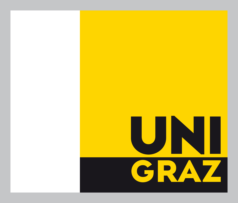Dr. rer. nat. Richard Huber
Contact Information
IDea Lab, University of Graz
Office: Room 0127-02-0036 Fields of interest
|

|
About me
Postdoc at the IDea Lab
I am currently working as a Postdoc at the Team Machine Learning Methods at the IDea Lab of the University of Graz, Austria, associated with the Special Research Area (SFB) Mathematics of Reconstruction in Dynamical and Active Models. At the IDea Lab, I investigate the use of machine learning techniques for inverse problems, including operator learning and Bayesian perspectives.Postdoc at the Technical University of Denmark
I worked as a Postdoc at the Team CUQI at DTU Compute in Lyngby, Denmark, associated with the Technical University of Denmark. At DTU, I investigated inverse problems, combining my research in reconstruction techniques, with the analysis of numerical methods and uncertainty quantification approaches.
Postdoc at the Laboratoire TIMC, Université Grenoble Alpes
I was working as a Postdoc at the Team GMCAO at Laboratoire TIMC in Grenoble, France, associated with the Université Grenoble Alpes. There, I worked in the field of applied mathematics, particularly inverse problems and connected imaging problems in medicine and science. In particular, I am interested in the analytical properties of line integral operators associated with tomography, their analytical properties, but also approximation properties of their discretizations.
Studies at the University of Graz and Graz University of Technology
I completed the bachelor program of mathematics at the Graz University of Technology, and the master program of mathematics at the University of Graz , both in association with Nawi Graz .I completed my doctoral studies at the University of Graz, at the Institute of Mathematics and Scientific Computing under the supervision of Kristian Bredies, with a focus on mathematics concerning tomography, particularly approximation properties of pixel-driven projections.
